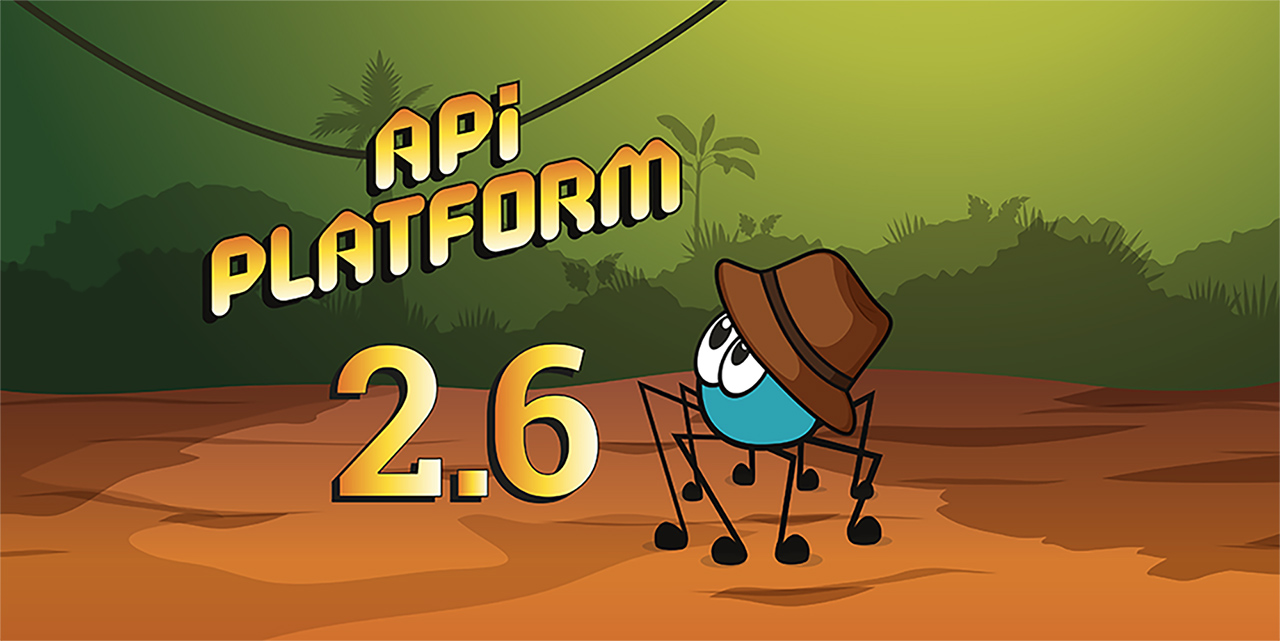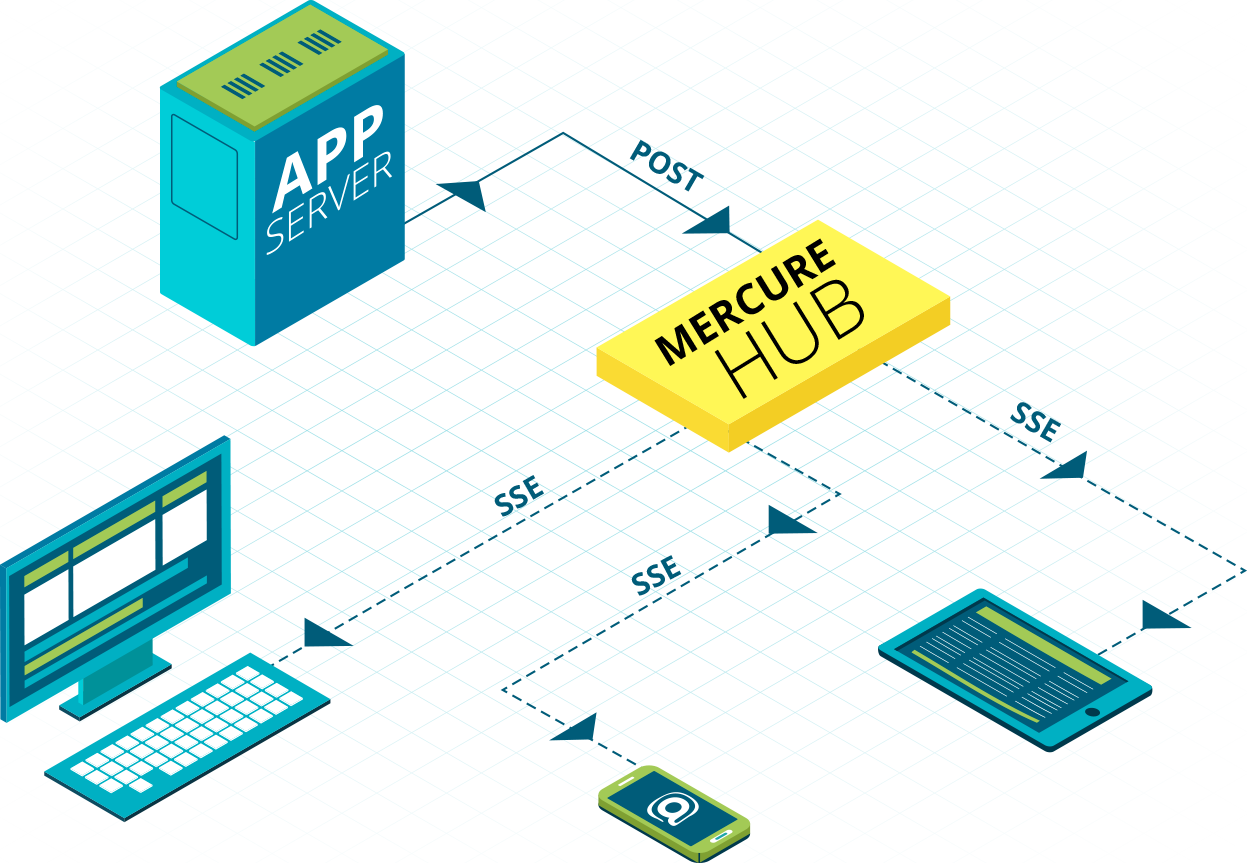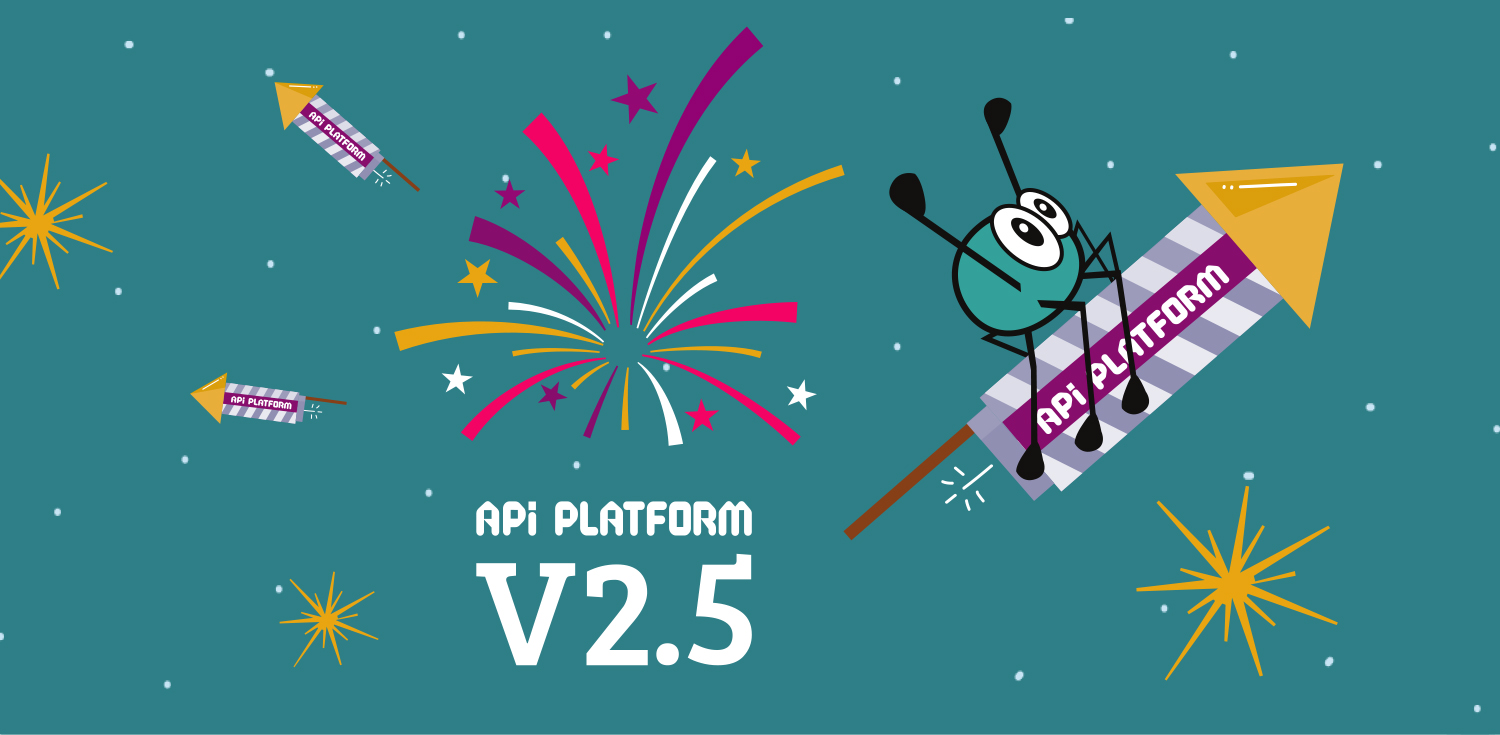During my talk at SymfonyWorld, I announced the immediate availability of API Platform 2.6! Try it now! Version 2.6 is the result of more than one year of work and hundreds of commits. It contains a huge list of new features, checkout the change logs (core library, distribution) for the full list. In this blog…
Author: Kévin Dunglas
The Mercure.rocks Hub is now based on Caddy Web Server
I’m very happy to announce the immediate availability of the Mercure.rocks Hub version 0.11! The Mercure.rocks Hub is a free software implementing the Mercure specification, an open protocol for fast, reliable and battery-efficient in-browser real-time communications. Version 0.11 is a major milestone for the project! As you may know, the Mercure.rocks Hub is written in…
A Structured HTTP Fields Parser and Serializer for the Go Programming Language
“Structured Field Values for HTTP” is an upcoming RFC defining a set of well-defined data types to use in HTTP headers and trailers. This new format will improve the interoperability and the safety of HTTP by allowing to create generic parsers and serializers suitable for all HTTP headers (currently, most headers need a custom parser)…
Save the Web: Decentralize!
The web was designed to serve humanity, to enable knowledge sharing, for friendship among people.But data and services centralization by the Tech Giants have completely perverted it. Centralization causes major threats to our societies: mass surveillance, censorship, vote rigging, opponents arrests , advertising tracking. The situation is such that the founding fathers of the web,…
Say Hello to Mercure 0.10!
I’m very excited to announce the immediate availability of the version 6 of the Mercure Internet Draft as well as of the version 0.10 of the reference implementation! Mercure is a real-time protocol built on top of Server-sent Events and leveraging HTTP/2+. It allows to push messages to JavaScript webapps, mobile apps or IoT devices…
Vulcain: HTTP/2 Server Push and the rise of client-driven REST APIs
Watch a longer video (English)!Watch a French version. Over the years, several formats have been created to fix performance bottlenecks of web APIs: the n+1 problem, over fetching, under fetching… The current hipster solution for these problems is to replace the conceptual model of HTTP (resource-oriented), by the one of GraphQL. It’s a smart network…
Mercure – Real-Time for PHP Made Easy (Forum PHP)
Yesterday at Forum PHP 2019 I presented how easy it is to create real-time apps using PHP (among other languages) and the Mercure protocol. I also introduced the shiny and new Mercure website (designed by Laury S.)! A special thanks to Eric Comellas who jumped on stage to explain how iGraal uses Mercure on a…
API Platform 2.5: revamped Admin, new API testing tool, Next.js and Quasar app generators, PATCH and JSON Schema support, improved OpenAPI and GraphQL support
I’m very excited to announce the immediate availability of API Platform 2.5! API Platform is a set of standalone server and client components for building and consuming REST (JSON-LD, Hydra, JSON:API…) and GraphQL APIs. The server components use PHP and Symfony while the client-side components (which support any Hydra-enabled web API, even the ones not…
Mercure: Real-Time APIs for Serverless and Beyond
Here is the slide deck I presented during API Days SF 2019: Mercure is a protocol allowing to push data updates to web browsers and other HTTP clients in a convenient, fast, reliable and battery-efficient way. It is especially useful to publish real-time updates of resources served through web APIs, to reactive web and mobile…
Using Next.js and Material UI Together
Next.js is a convenient and powerful framework for React. Its main benefit over using React directly is its transparent support for Server-Side Rendering.Material UI is a very popular set of React components implementing Google’s Material Design guidelines. Both libraries are impressive, but there are some tricks to know to make them playing well together. Bootstrapping…








